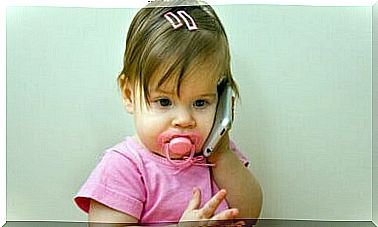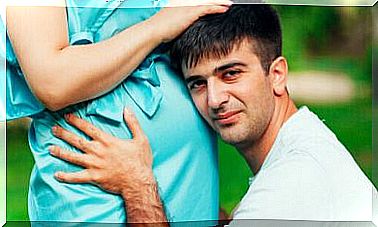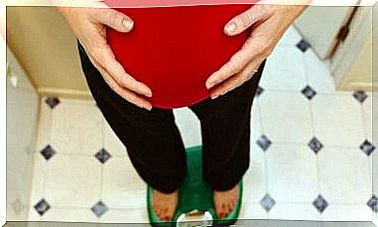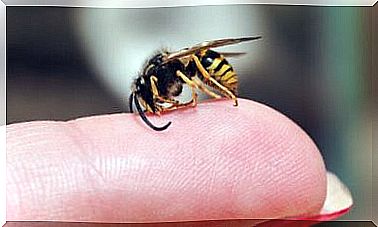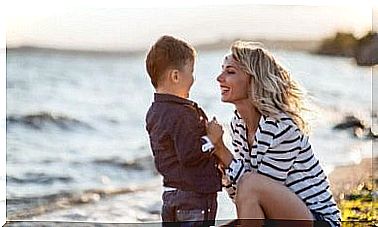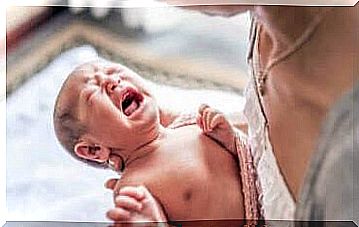When To Start Worrying If Your Child Won’t Speak – Parenthood
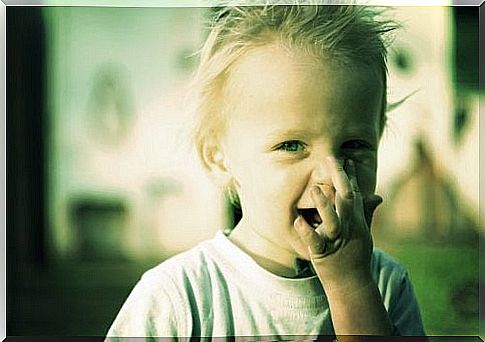
Reasons to be concerned if your child does not speak
If your child is two years old and not speaking or saying a few words, you may start to worry. This is a common situation with very many parents. Unless there are also delays in other areas of initial development, for which you should seek professional help. However, we can know what a normal development is that would or would not lead us to see a doctor.
Before 12 months
Although they are still very small, it is essential to observe children in order to detect possible clues that inform us about their development. At this age, it is normal for them to use their voice to relate to their surroundings.
Gurgling and babbling are the first steps. It is only at 9 months that they begin to join the sounds and incorporate the different intonations of speech. This will be the time when they start to say words like “Mom” and “Dad”. Of course, they still don’t know what that means.
Usually babies are very receptive to sounds at this stage of development. It is normal for the child to begin to recognize the names of objects such as the bottle, the nipple, etc. If you notice your baby watching his surroundings closely but not responding to sound, he may have a hearing problem.
Between 12 and 15 months
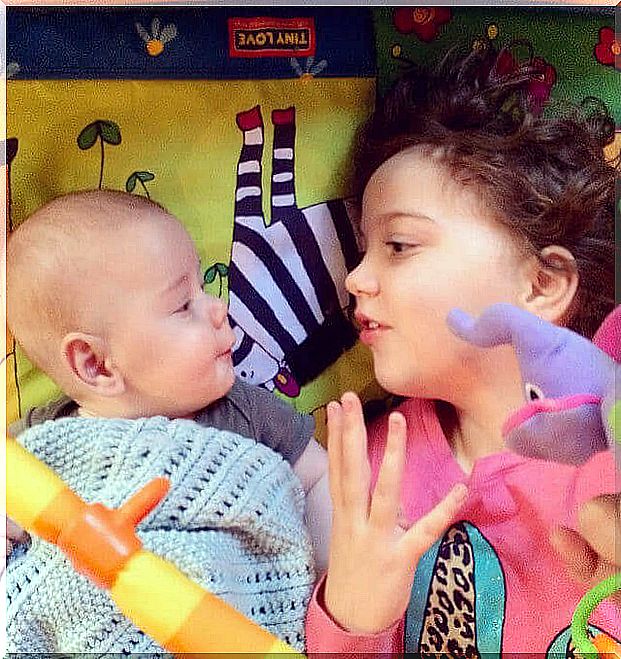
Children this age make more sounds due to their particular stuttering. At this point your child should say a word like baby, daddy, mom, etc. The boy should be able to understand and follow simple, basic instructions like “please pass me the ball” etc.
18 to 24 months
There are a lot of differences at this age. This is because most children say around 20 words when they are around 18 months old. By the age of 2, they can handle 50 or more words.
At this age, he can begin to combine two words into simple sentences, and the child should also be able to identify objects of common use. You can try to mention his eyes, ears, and nose and see if he can point them out.
2 to 3 years old
For babies between the ages of two and three, be sure to see how the child is making great strides in speech. The vocabulary of the child should increase considerably. It should always combine three or more words into longer sentences.
When they reach the age of three, their understanding will be remarkably improved. At this point, the child should be able to understand what certain orders mean. This is the case for phrases such as “set the table” or “go to bed”.
At this point, the child should begin to identify the colors. The child also begins to understand descriptive concepts, such as something big or small, etc.
If he doesn’t have a normal rhythm, see a specialist and ask questions
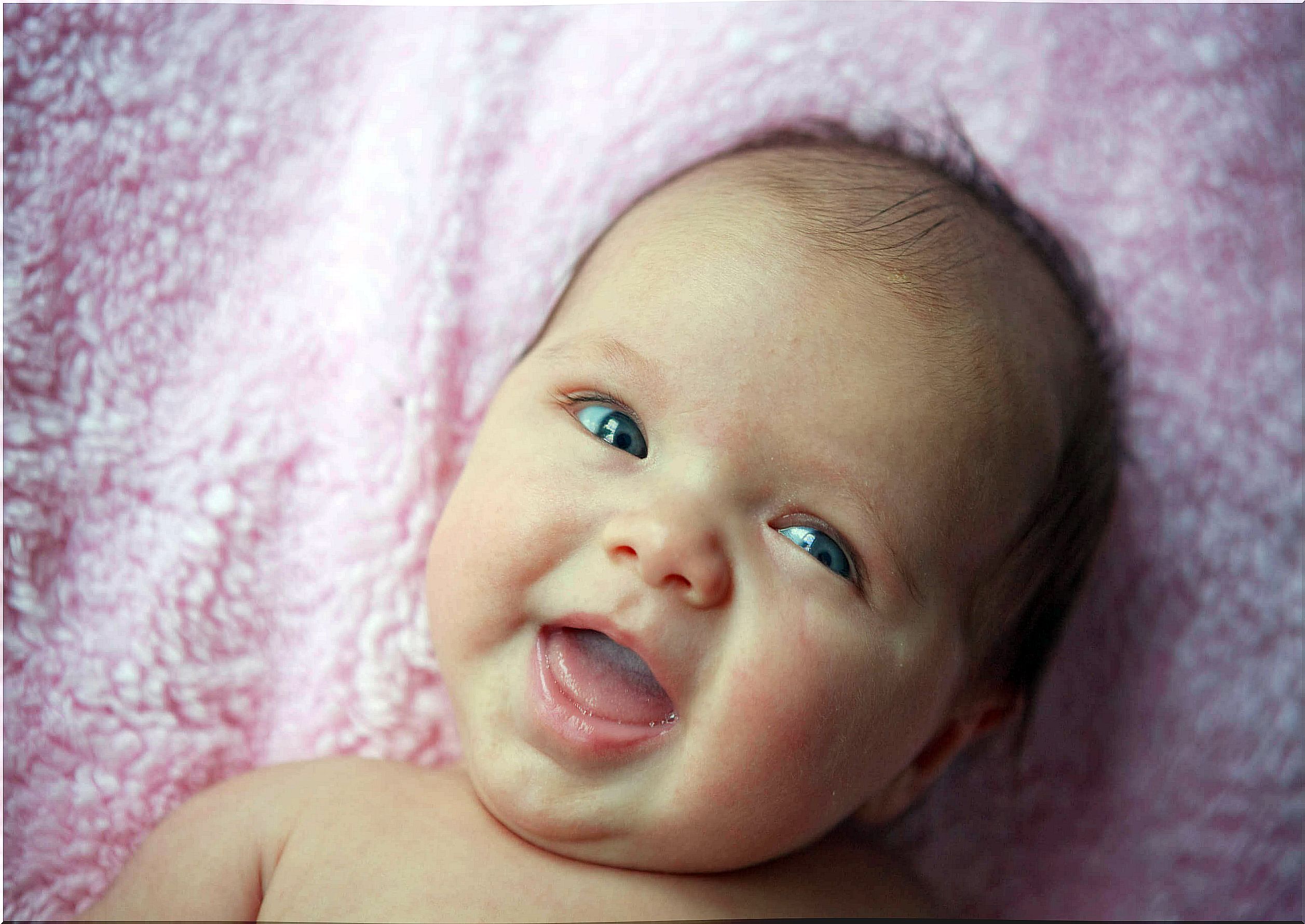
If you notice that your child is not speaking or following a pace similar to the one described, you may need to see a specialist as he or she needs special attention. In addition to the delays in children’s speech, there are other problems as well. Among them, a possible receptive language disorder or other associated deficits requiring personalized attention.
You will also need to watch for other sets of additional issues. The most common problem is that if the child understands the language, the gestures and a lot of things around him, but he is not able to express himself, it will have consequences on his behavior.
A delay in speech usually leads to behavior problems due to the child’s frustration and inability to understand.
If your child is not speaking, you should be able to identify early enough whether this is a problem or not.
